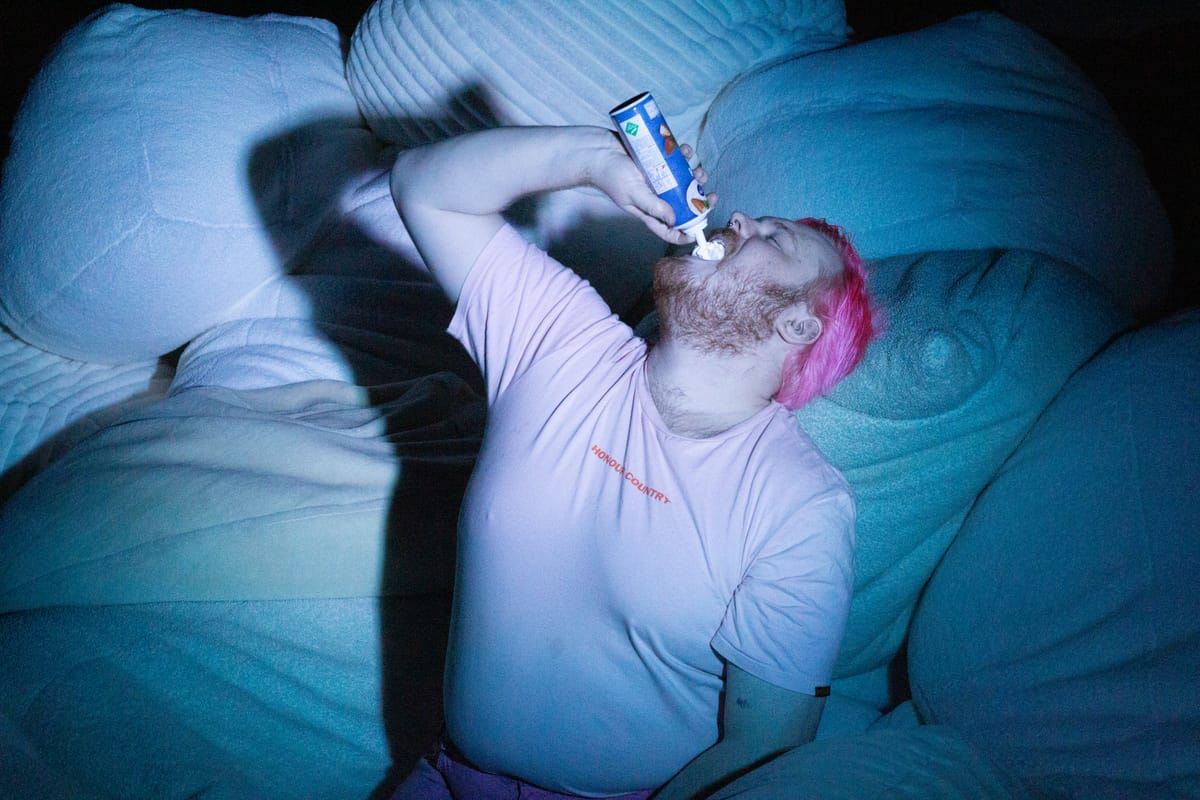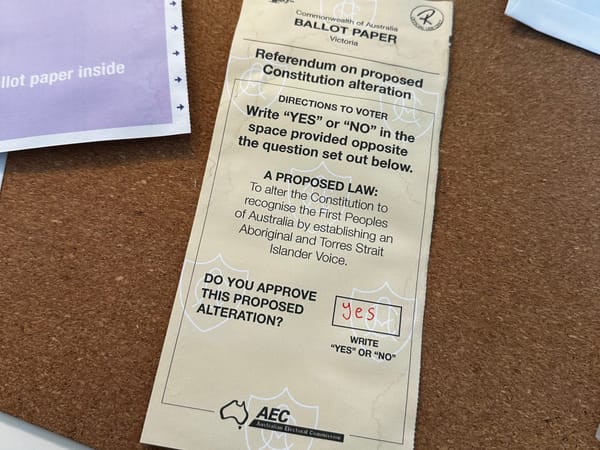Lipstick on a (Fat) Pig
10 Reasons Why I’m Bloody Tired, or a Personal Response to ‘Fat Pig’ at fortyfivedownstairs | Presented by Forest Collective and BK Opera

10 Reasons Why I’m Bloody Tired, or a Personal Response to ‘Fat Pig’ at fortyfivedownstairs | Presented by Forest Collective and BK Opera


Out of the 234 shows I saw in 2025, these are the ones that left the biggest marks on me

A review of No Seasons by Oli Ayres, presented by Skint at Melbourne Fringe Festival 2025

Reviewing ‘Democracy Repair Services’ by Noemie Huttner-Koros, directed by Martha Latham, presented at Melbourne Fringe in 2025

An angry review of a bad review of one of my favourite shows at Melbourne Fringe